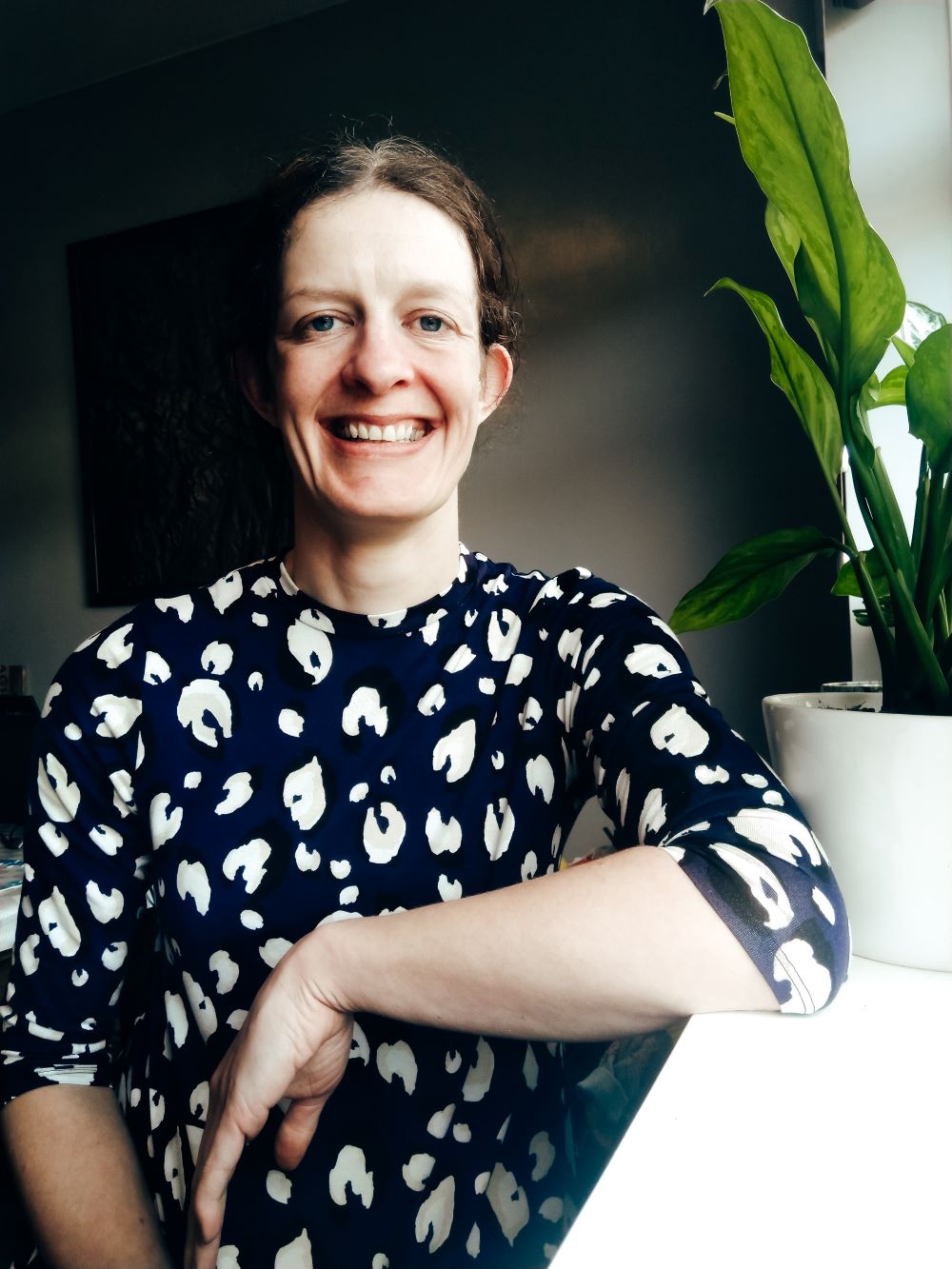What’s stopping your career decision making?
Posted on: 15 March 2024 by Dr Elizabeth Adams (Number of words: 481; Read time: 2 minutes, 24 seconds) in Blog posts

Dr Elizabeth Adams, Career and Leadership Coach, discusses the barriers to career decision making.
If you look at careers theory, there’s more than one way to make a career decision – whether you prefer to do in-depth self-assessment, rigorous research and mapping of potential opportunities and then weigh up all the pros and cons to decide on your next step, or you have more of a broad idea of the types of things you quite like in a job, and you’re open to ‘trying out’ some possible future selves to see what they’re like.
So what do I see gets in the way of researcher career decision making?
- Lack of destination data: As a researcher, you might feel frustrated that there isn’t enough robust data on post-PhD career destinations and this is definitely the case. Much of the data in the UK is patchy and incomplete, so the quest to find out ‘what other PhDs and postdocs do’ can prove frustrating. It’s also worth remembering that the jobs we see postdocs move into now, such as user research, AI or data science, may not even have existed 10 years ago. However, there are lots of great starting points for case studies on postdoc destinations (with Prosper and the Auditorium blog being excellent examples), Vitae have also done a great job of reporting on post-PhD destinations by discipline ('What do researchers do' – Vitae login needed) and you can also harness the functionality within LinkedIn to access huge amounts of data.
- Too overwhelming: Break your career goals down into smaller objectives and actions, the way you would with a research project. What questions are you trying to answer? What assumptions are you testing out? Block time in your diary to address these, being specific on what activity you are going to do (e.g. Friday at 2pm, goal = find out about working culture in small biotech companies. Action: search for relevant case studies, browse Glassdoor, try to identify 1 or 2 people to do informational interviews with and make an approach.). Celebrate progress with these activities. It’s always easier to return to something next time if you feel like you are getting somewhere.
- Worried about what you feel like you ‘should do’: This is aligned with the ‘sunk cost fallacy’ which suggests that, now you have put so much effort into doing a PhD or postdoc, you need to continue. Write down the assumptions you are making. These could be about the skills you have developed and how they translate into different working environments, your values and what ‘career success’ actually means for you, and also about what others think. Do you know that they really think that? And if they did, would that really make a difference in the long run?
Career moves take intentional effort and reflection, and often involve dead ends. If you can view these as part of the process, it will help you maintain your confidence.
Elizabeth is delivering a workshop as part of Making an Impact 2024 to help researchers to get clarity on their career decision making. 'Strategic career decision making' is taking place on 10th June 2024, 10:00-11:30 BST in person at the University of Liverpool. Find out more and reserve your place here:
https://MAI24StrategicCareerDecision.eventbrite.co.uk
About the author
Dr Elizabeth Adams is a coach with over 15 years’ experience working in researcher career development. Her passion lies in helping build academic cultures where individuals and creativity thrive.
Further Reading
Prosper, in particular their resources on career decision making, building self-confidence and supporting the career development of others.
The Auditorium - a research culture and researcher development blog: https://theauditorium.blog/
Keywords: Confidence, Managing uncertainty, Researchers, Wellbeing, Making an Impact.